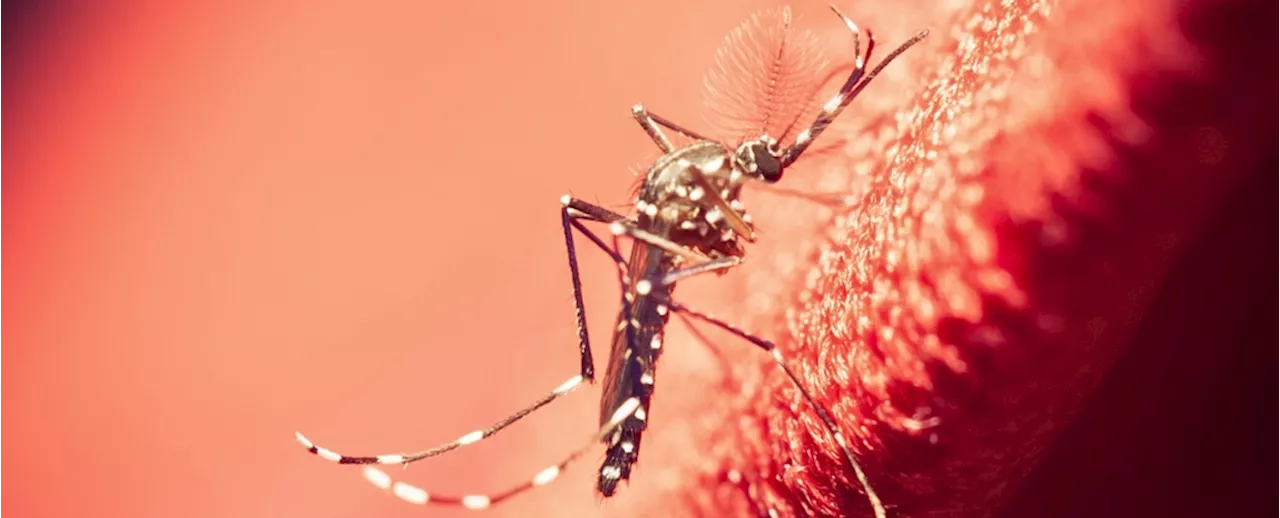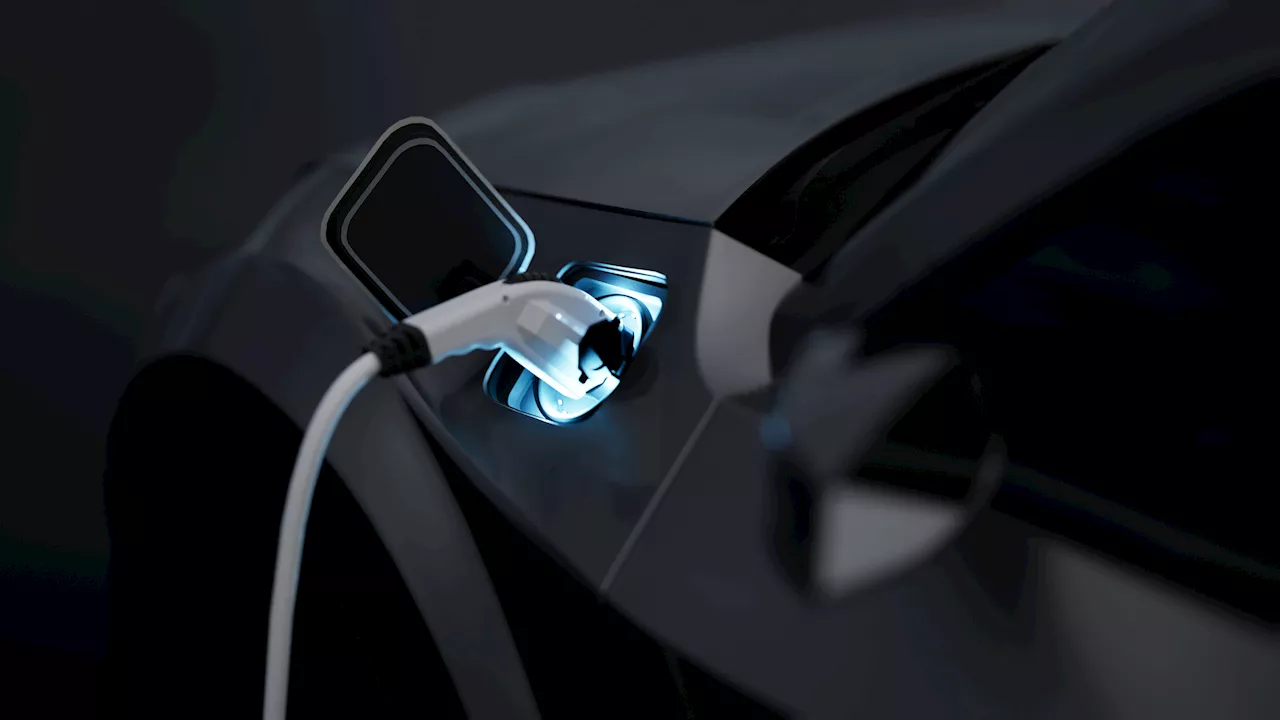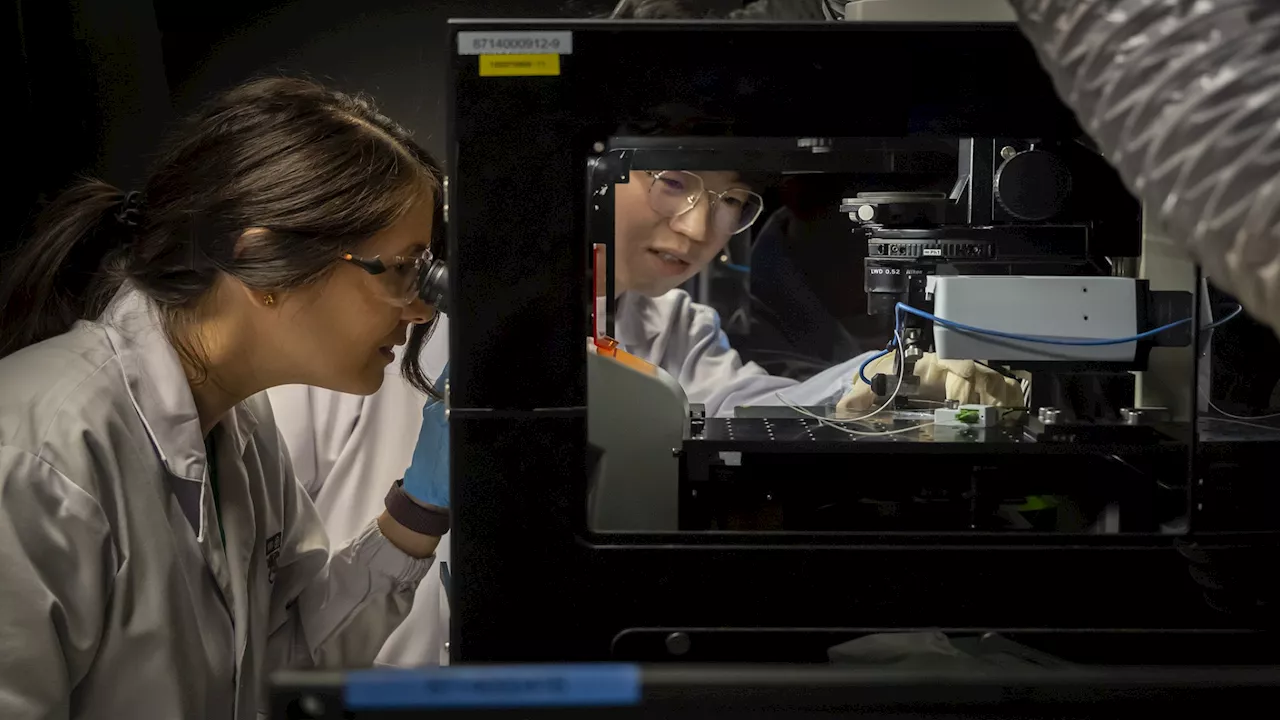A new biomaterial mimicking youthful tissue reprograms aged heart cells—without touching the cells themselves.
Scientists may have found a way to rewind the heart’s biological clock without even touching the cells.A team of researchers led by Assistant Professor Jennifer Young from the Department of Biomedical Engineering at the National University of Singapore has developed a new lab-grown material that shows promise in slowing, and even reversing, some effects of ageing in the heart.
Notably, this rejuvenation occurred even when the underlying material remained stiff.Further analysis revealed widespread changes in gene expression, involving thousands of genes associated with ageing and cellular function.
Cell Rejuvenation DECIPHER ECM Extracellular Matrix Gene Expression Heart Ageing Lab-Grown Biomaterial Regenerative Therapy Tissue Stiffness
United States Latest News, United States Headlines
Similar News:You can also read news stories similar to this one that we have collected from other news sources.
 Cannabis Linked to 2x Risk of Heart Disease Death, Scientists DiscoverThe Best in Science News and Amazing Breakthroughs
Cannabis Linked to 2x Risk of Heart Disease Death, Scientists DiscoverThe Best in Science News and Amazing Breakthroughs
Read more »
 Scientists build solar cells that charge even in dim office light with 38% efficiencyScientists in Taiwan developed a new type of perovskite solar cell capable of producing energy, even from dim office lighting.
Scientists build solar cells that charge even in dim office light with 38% efficiencyScientists in Taiwan developed a new type of perovskite solar cell capable of producing energy, even from dim office lighting.
Read more »
 Scientists Discover West Nile Virus in The UK For The First TimeThe Best in Science News and Amazing Breakthroughs
Scientists Discover West Nile Virus in The UK For The First TimeThe Best in Science News and Amazing Breakthroughs
Read more »
 First-ever ‘movie’ of EV battery failing under stress recorded by US scientistsScientists at Cornell University captured EV battery failure on film using advanced microscopy, revealing how heat and cold cause breakdown.
First-ever ‘movie’ of EV battery failing under stress recorded by US scientistsScientists at Cornell University captured EV battery failure on film using advanced microscopy, revealing how heat and cold cause breakdown.
Read more »
 Scientists discover potential dwarf planet, dubbed 'extreme cousin' of PlutoJustin Boggs is a writer for the E.W. Scripps company. Justin covers anything from politics to sports and entertainment.
Scientists discover potential dwarf planet, dubbed 'extreme cousin' of PlutoJustin Boggs is a writer for the E.W. Scripps company. Justin covers anything from politics to sports and entertainment.
Read more »
 Scientists test in an animal model a surgical technique to improve cell therapy for dry AMDScientists have developed a new surgical technique for implanting multiple tissue grafts in the eye's retina. The findings in animals may help advance treatment options for dry age-related macular degeneration (AMD), which is a leading cause of vision loss among older Americans.
Scientists test in an animal model a surgical technique to improve cell therapy for dry AMDScientists have developed a new surgical technique for implanting multiple tissue grafts in the eye's retina. The findings in animals may help advance treatment options for dry age-related macular degeneration (AMD), which is a leading cause of vision loss among older Americans.
Read more »
